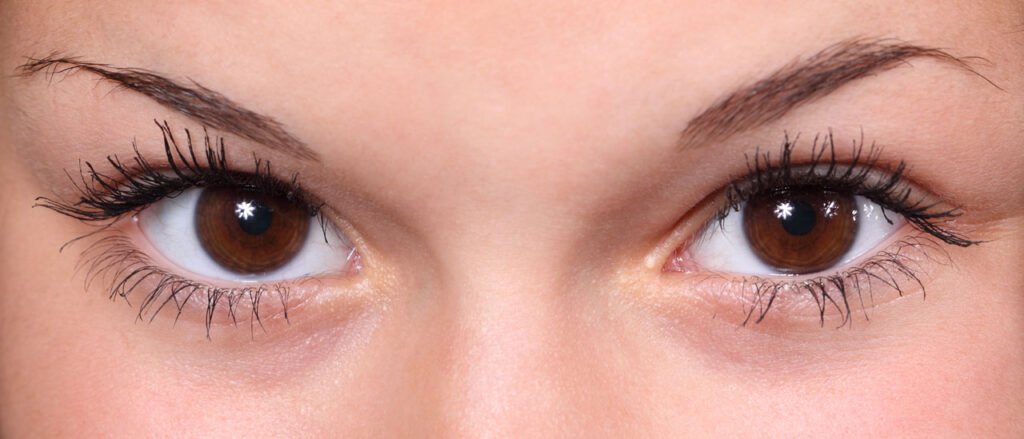Maintaining optimal eye health is vital for overall well-being and functionality. Whether you’re a student, a professional, or a senior, ensuring your eyes are well cared for can prevent future vision problems and enhance your quality of life. One of the simplest yet most effective starting points is to schedule eye appointment annually. Regular check-ups allow professionals to detect any changes or conditions early on, ensuring appropriate measures can be taken to maintain or improve your vision.
Regular Eye Exams
The eye checkups are critical for catching conditions that could go unnoticed. Eye diseases like glaucoma and macular degeneration often develop silently. Without noticeable symptoms early on, these conditions can suddenly manifest with serious implications, including irreversible vision loss. By visiting an eye care professional regularly, you can catch these issues early and begin treatment sooner rather than later.
Moreover, eye exams are not just about identifying diseases; they also ensure that your prescription glasses or contacts are current. This is crucial for avoiding eye strain from wearing incorrect prescriptions, which can lead to headaches and further vision deterioration. Regular updates to your eyewear can make a significant difference in your daily life, whether you’re driving, using digital devices, or engaging in activities that require sharp vision.
Proper Lighting
One common cause of eye strain is inadequate lighting. Ensure the environment is well-lit when reading, working, or using a computer. This helps prevent eye strain and supports long-term eye health. Natural light is the best option as it provides a balanced spectrum of light, but if it’s not available, good-quality artificial lighting should be used.
Additionally, the position of your light source can make a big difference. Ensure it doesn’t create glare on screens or shine directly into your eyes. A well-positioned light can reduce the likelihood of squinting and straining, helping you to maintain comfortable vision throughout your tasks.
Healthy Diet
The importance of a healthy diet for eye health cannot be overstated. Nutrients such as vitamins C and E, zinc, and omega-3 fatty acids are vital for maintaining eye health and function. These nutrients help protect against damage that can lead to deteriorating vision over time. To reap these benefits, incorporate spinach, kale, fish, eggs, and nuts into your diet.
Furthermore, a balanced diet supports overall health, indirectly beneficial to your eyes. For example, maintaining a healthy weight can reduce the risk of diabetes, which can lead to diabetic retinopathy, a major cause of blindness. Eating various healthy foods helps prevent numerous health issues and supports your body’s natural protective mechanisms, including those in your eyes.
Screen Time Management
Managing screen time is crucial for preventing eye strain and fatigue in our digital age. Following the 20-20-20 rule is a practical approach: every 20 minutes, take a 20-second break to look at something 20 feet away. This helps minimize the fatigue caused by prolonged focus on screens, promoting healthier eye function and comfort.
Additionally, consider adjusting the brightness and contrast of your screen to match the lighting in your room, which can further reduce eye strain. Using devices with larger screens or increasing text size can also help reduce the need for squinting and close viewing, avoiding unnecessary strain on your eyes.
Adopting these best practices ensures that your eyes remain healthy and functional throughout your life. Regular care, protective measures, and a conscious approach to lifestyle choices are key components of maintaining good eye health.


